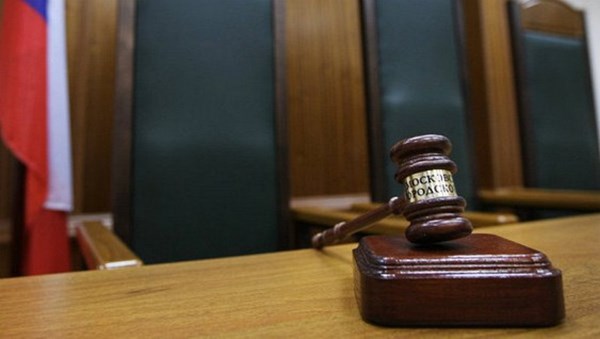Moscow’s Dorogomilovsky Court recognizes Maidan as a 'coup'
On the 27th of December, the Dorogomilovsky Court of Moscow recognized the events of February 2014 in Ukraine as a coup. According to the court, the cessation of human rights in the country resulted in a coup d’état. As a result, the residents of the Crimea held a referendum to reunify with the Russian Federation, due to their spiritual origins, inextricable relationship with Russia, and alienation from Ukraine, Russia's Interfax news agency reported.
The former Deputy of the Verkhovna Rada, Vladimir Oleynik, who currently lives in Moscow, filed a claim with the Dorogomilovsky Court of Moscow to recognize the events which took place in February 2014, as a coup d’état. According to his claim, the dismissal of Viktor Yanukovych from the office of the President of Ukraine and the early presidential elections in May 2014 were both illegal.
The Moscow Court decided that this issue is within its jurisdiction because Oleynik and other former Ukrainian officials were allegedly forced to seek amnesty from persecution by Ukrainian authorities and fled to Russia.
In the Court’s view, the coup d’état is confirmed by the testimonies from the former President of Ukraine, Viktor Yanukovych, the former Prime Minister, Mykola Azarov, the former head of the Presidential Administration, the former Head of the Ministry of Internal Affairs and Security Service of Ukraine, Andriy Klyuyev, the former Minister of Internal Affairs, Vitaliy Zakharchenko, the former head of Security Service of Ukraine, Oleksandr Yakymenko, and also the former Prosecutor General of Ukraine, Viktor Pshonka.
The court officials believe that unique relationships were established between the people of Russia and Ukraine that obligate the Russian court to make a legal assessment of events which have occurred in a neighboring State, as stated in the court’s decision. Vladimir Oleynik was a member of the Party of Regions parliamentary faction that ruled in Ukraine. In December 2014, the General Prosecutor’s Office of Ukraine put him on the wanted list due to suspicion of organizing an illegal vote in the Verkhovna Rada in January 2014.
Moreover, Oleynik was the co-author of the so-called dictatorial laws, which were adopted in a single action without discussion on the 16th of January 2014. These dictatorial laws triggered a wave of discontent in Ukrainian society. Those laws were partially copied from Russian legislation: in particular, the definition of foreign agents, the criminalization of defamation, extremist activity, reinforcement of state control over mass media, and rules regarding rallies and demonstrations.
The majority of these laws were subsequently repealed and condemned by the international community who also did not recognize the annexation of the Crimea by Russian authorities.
